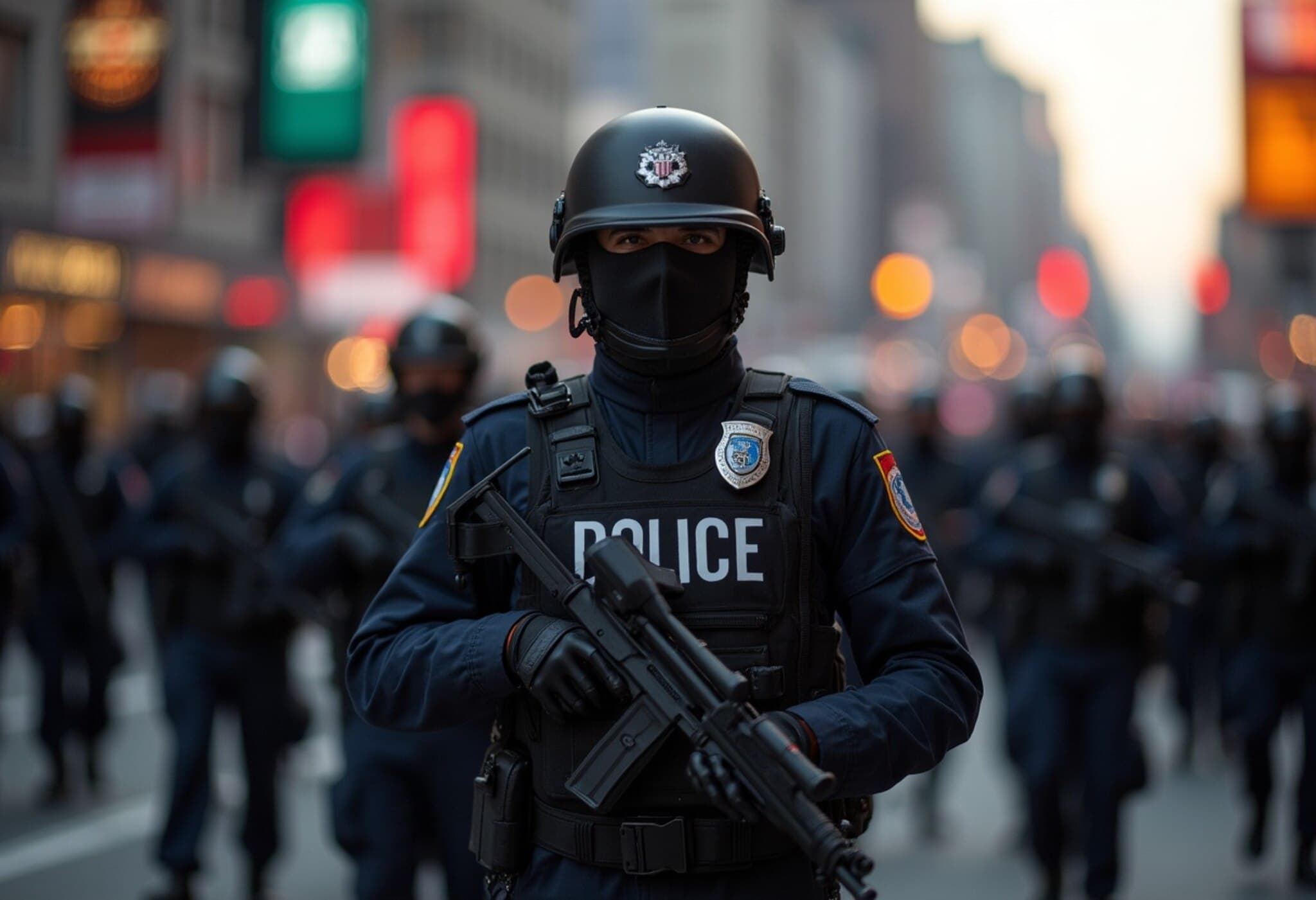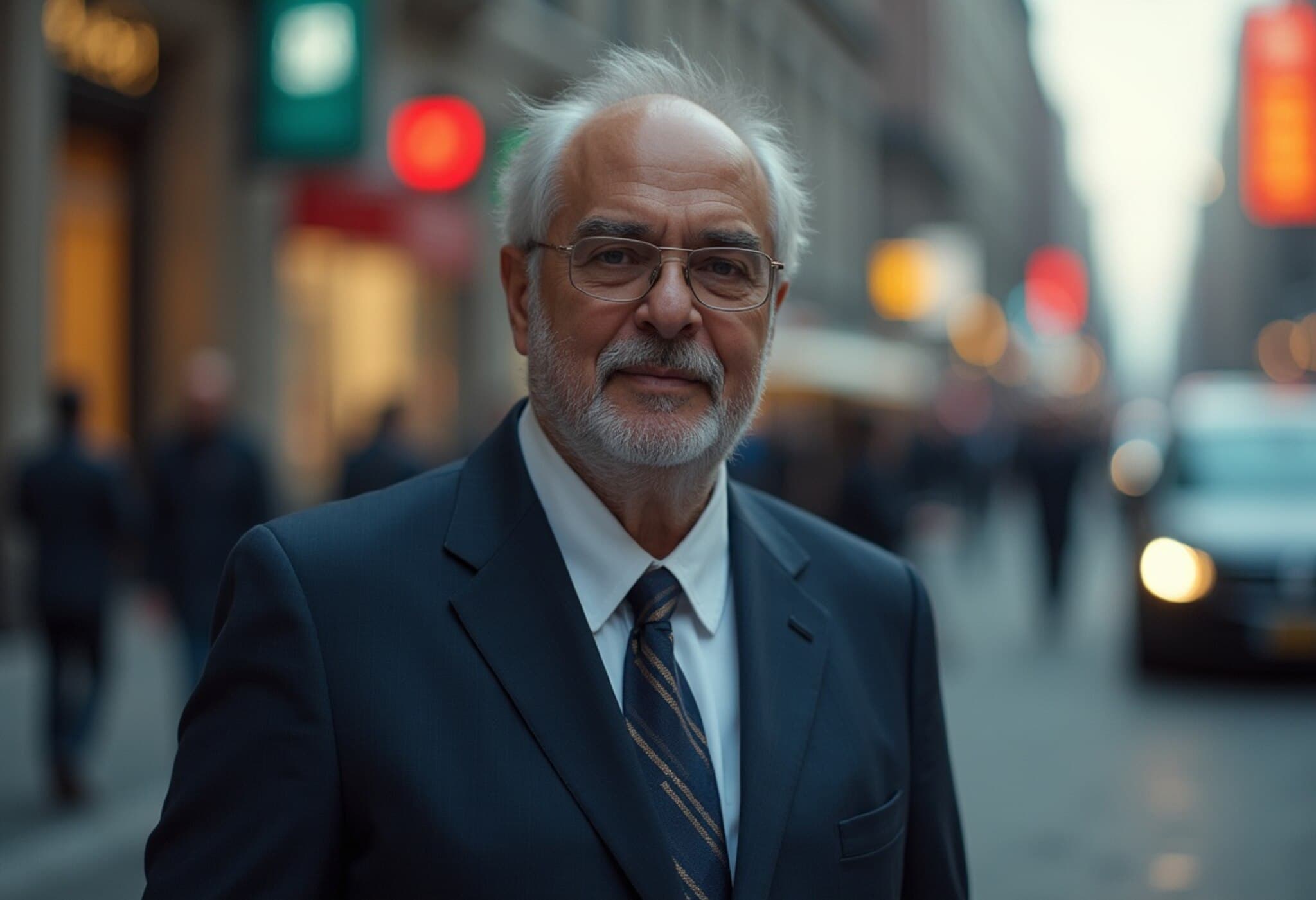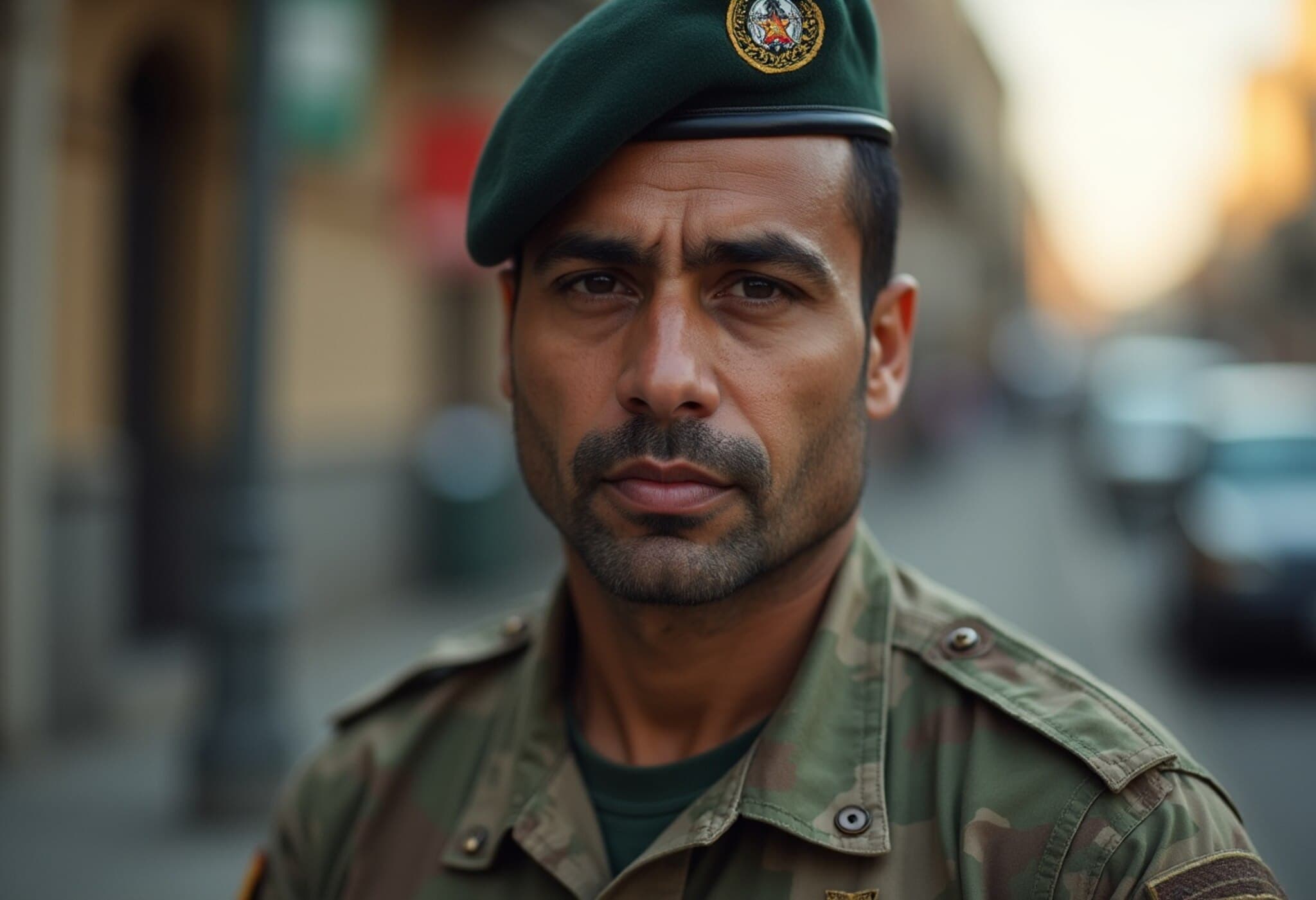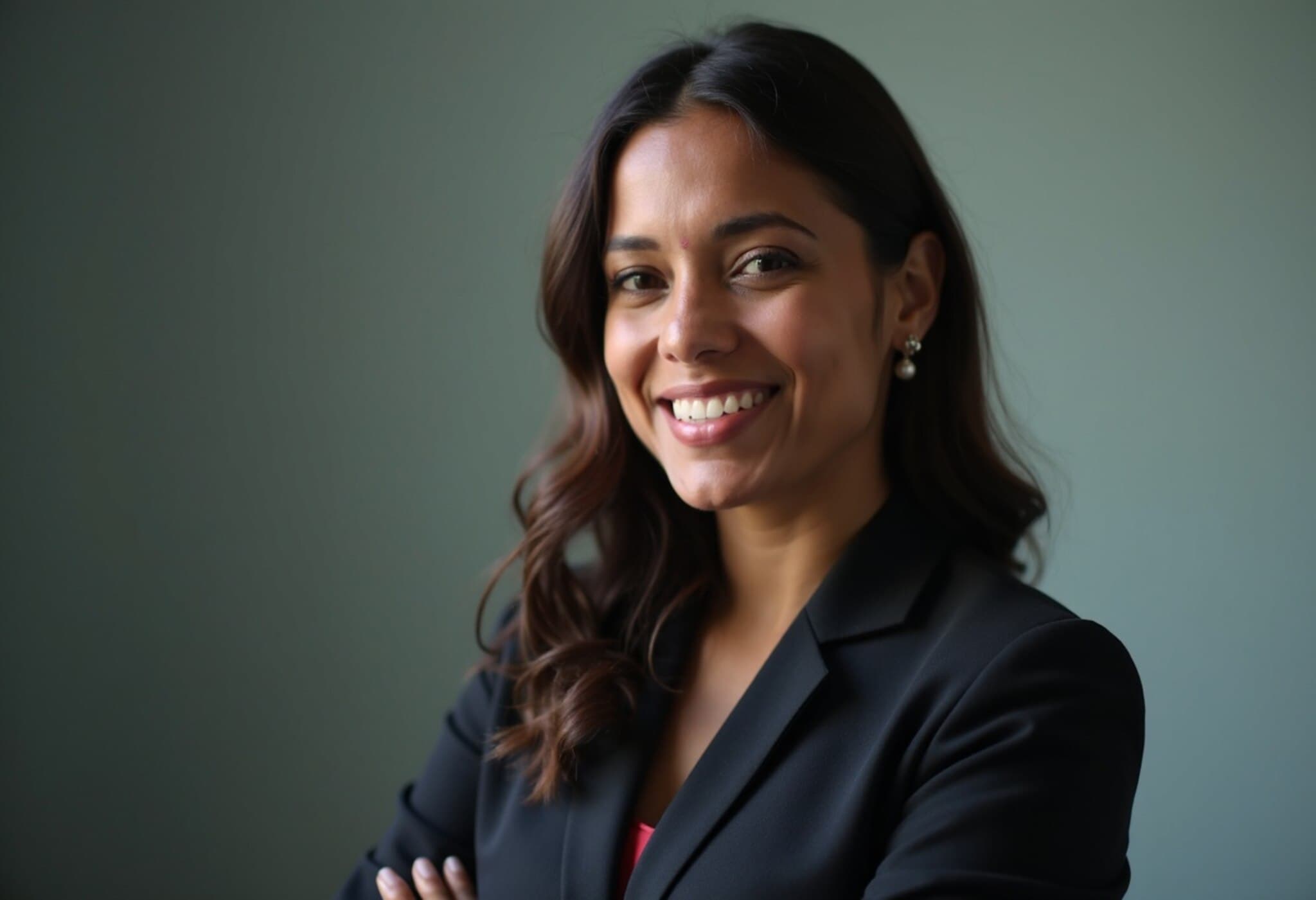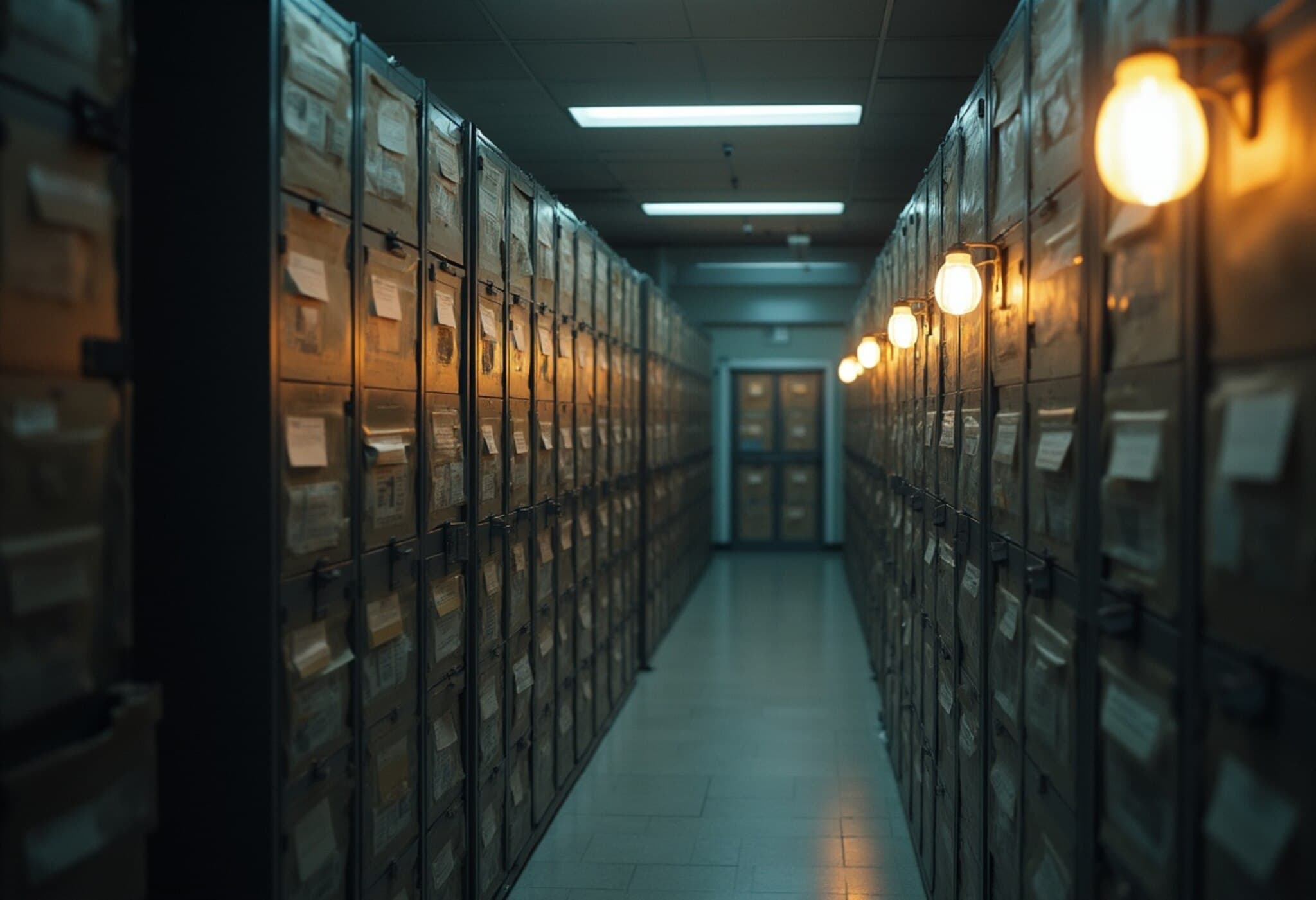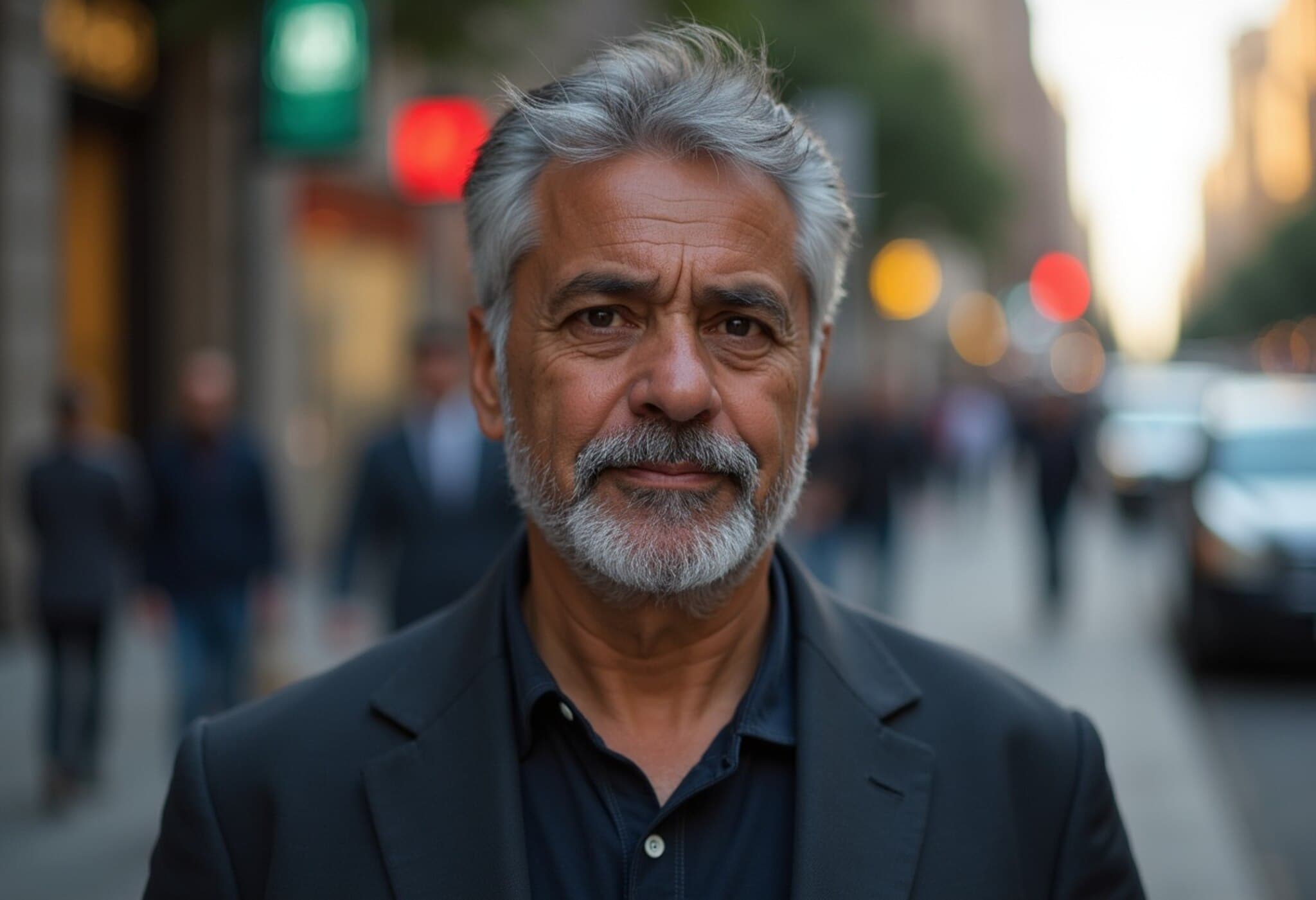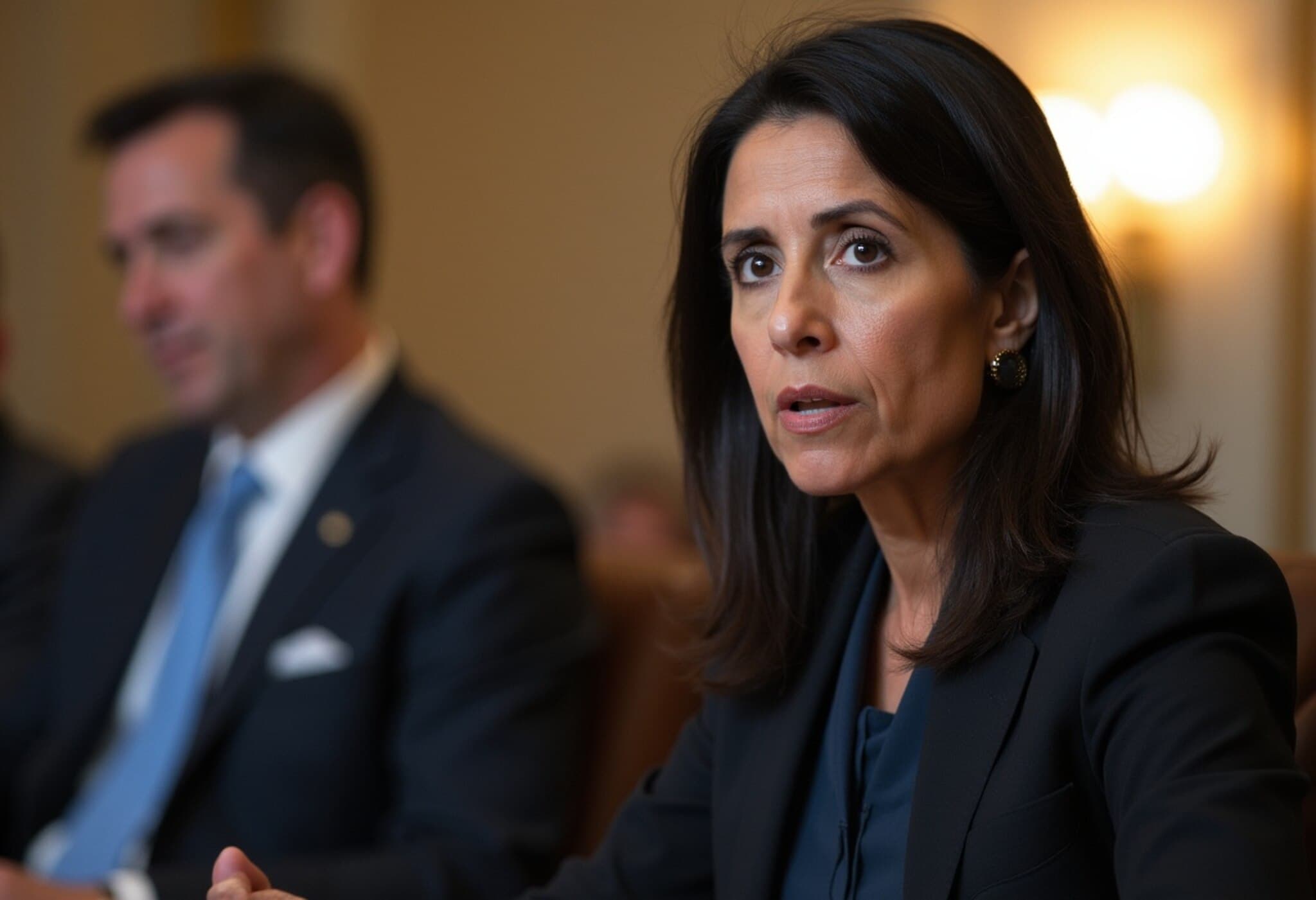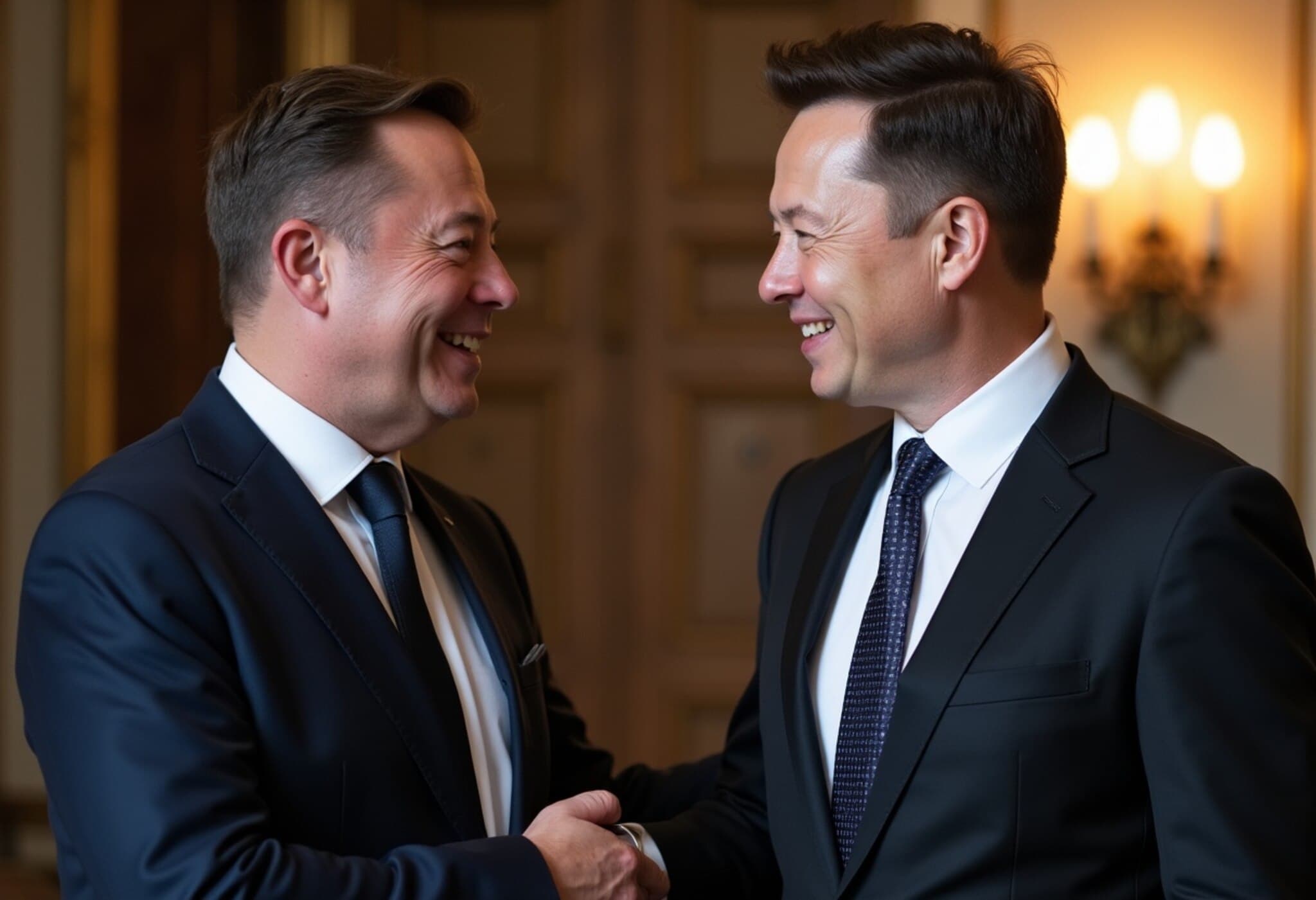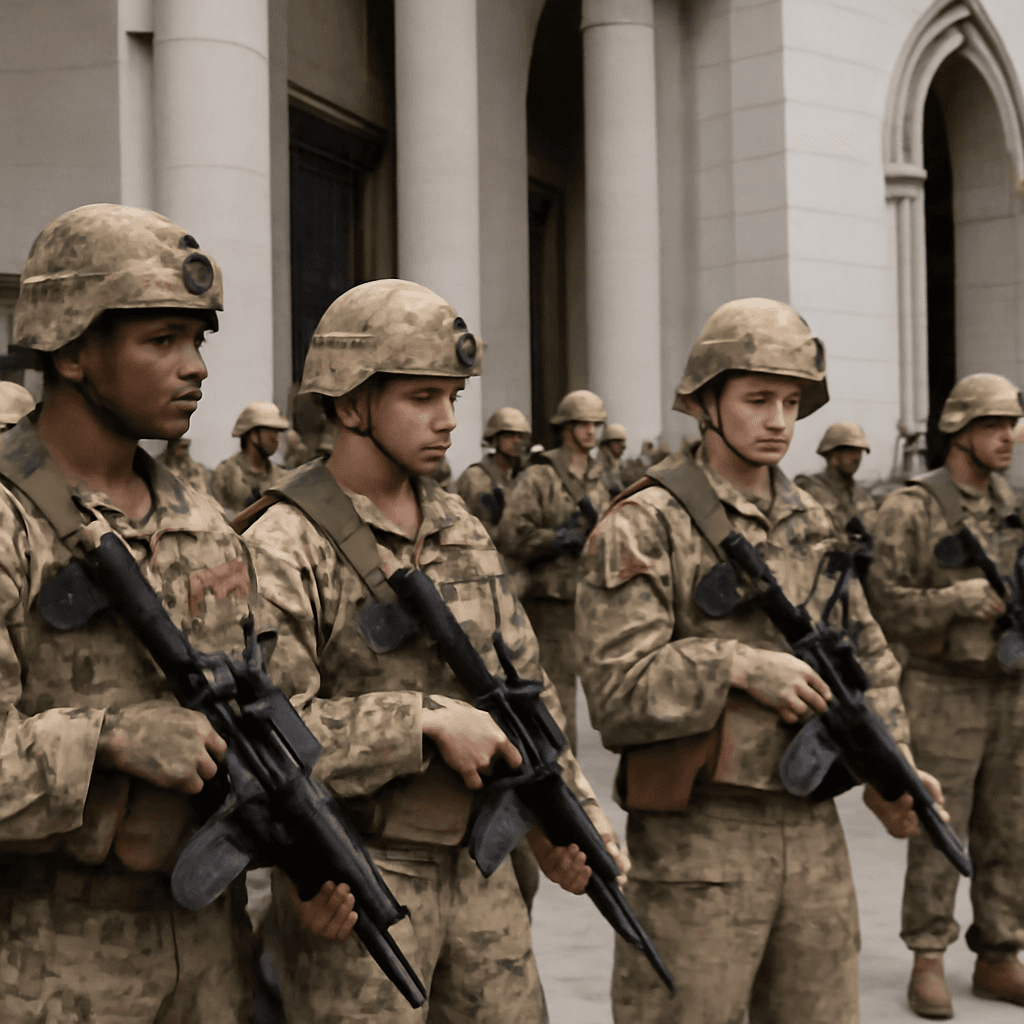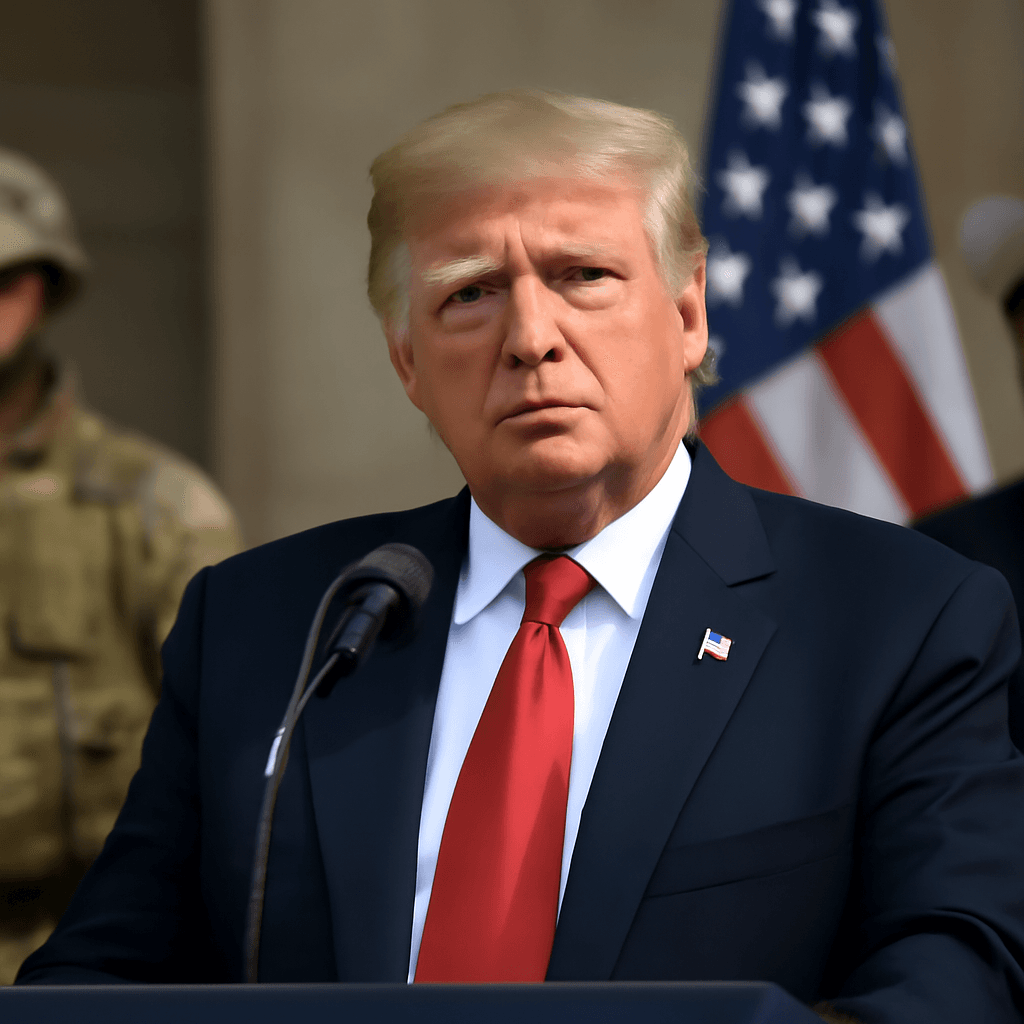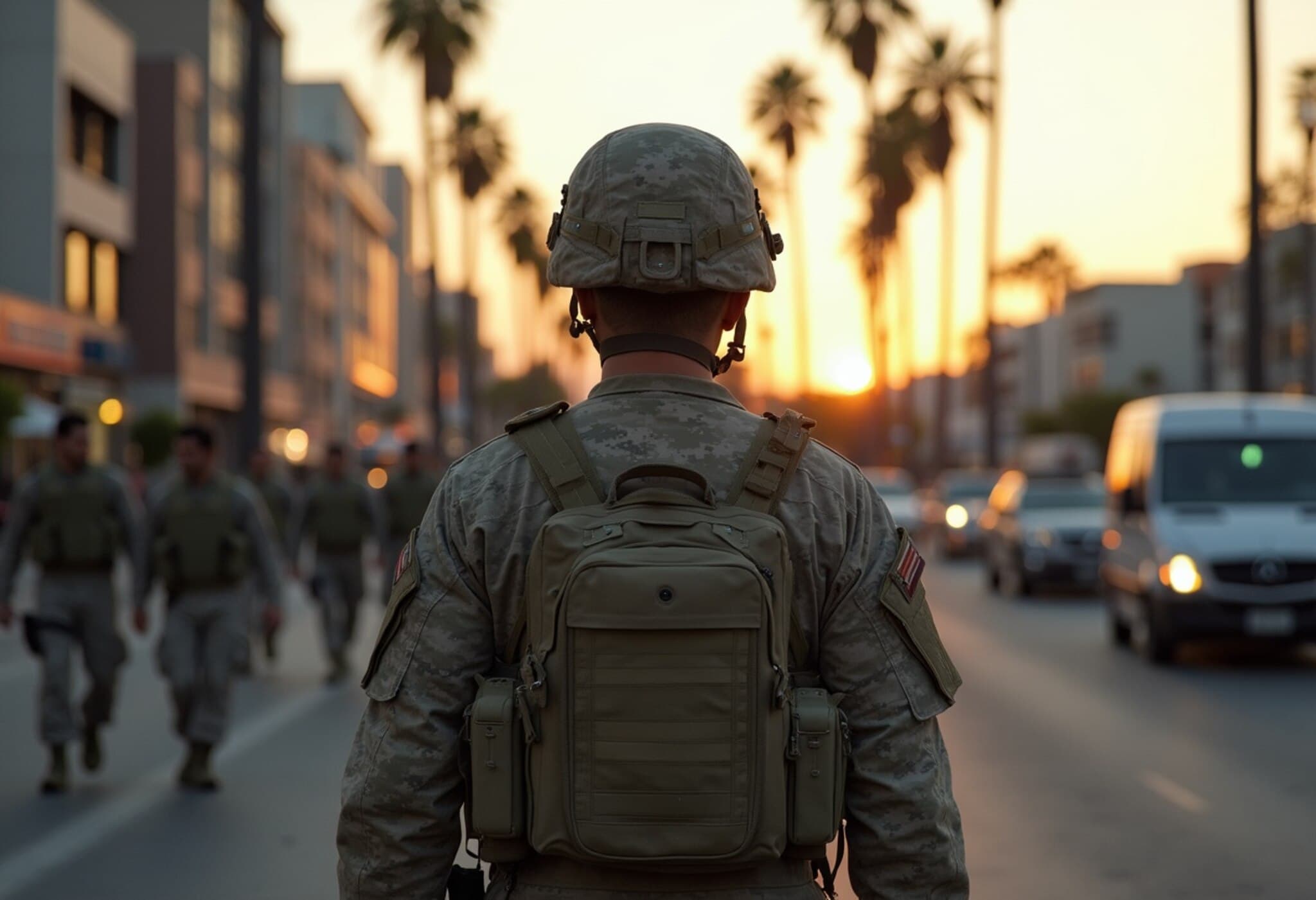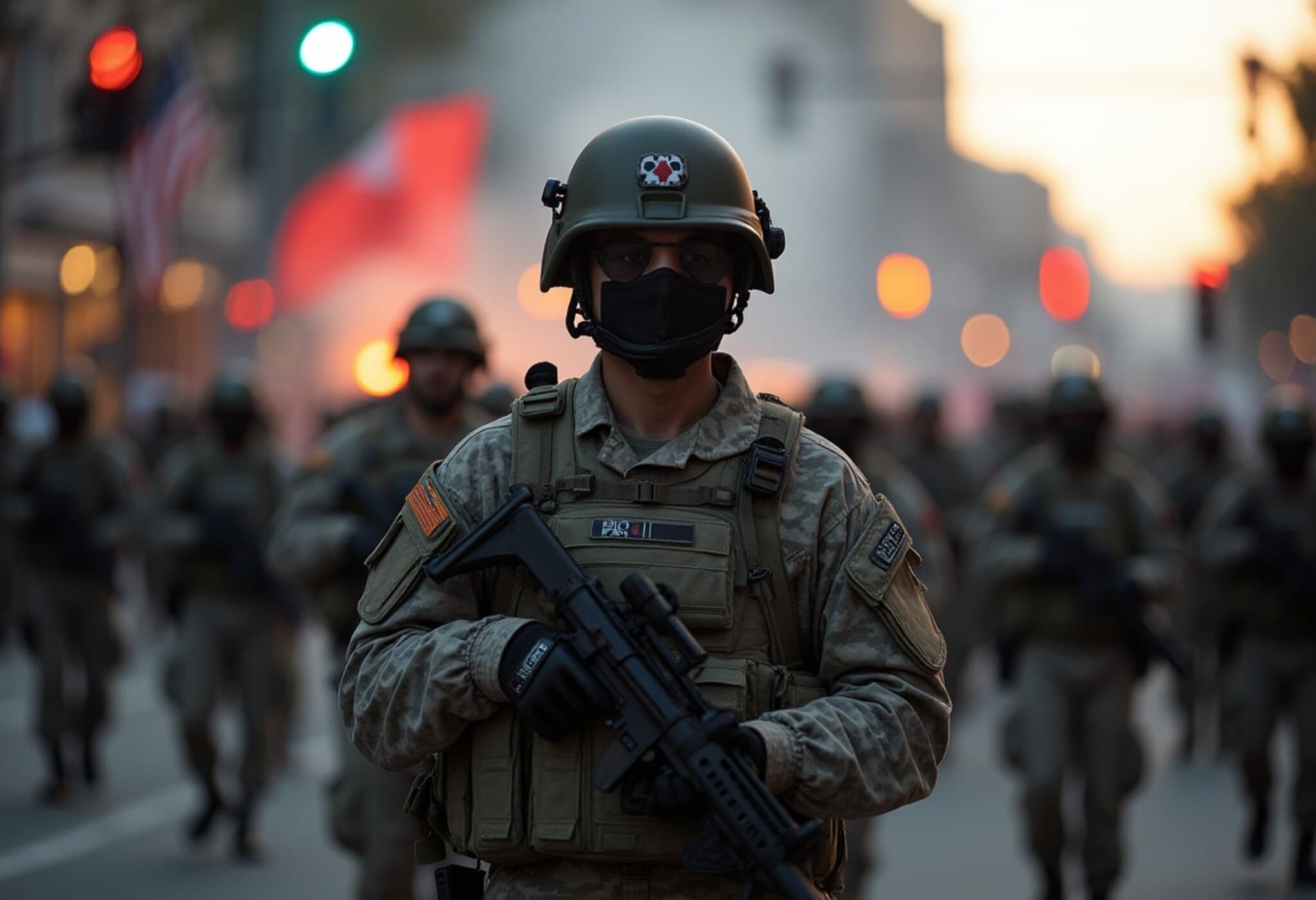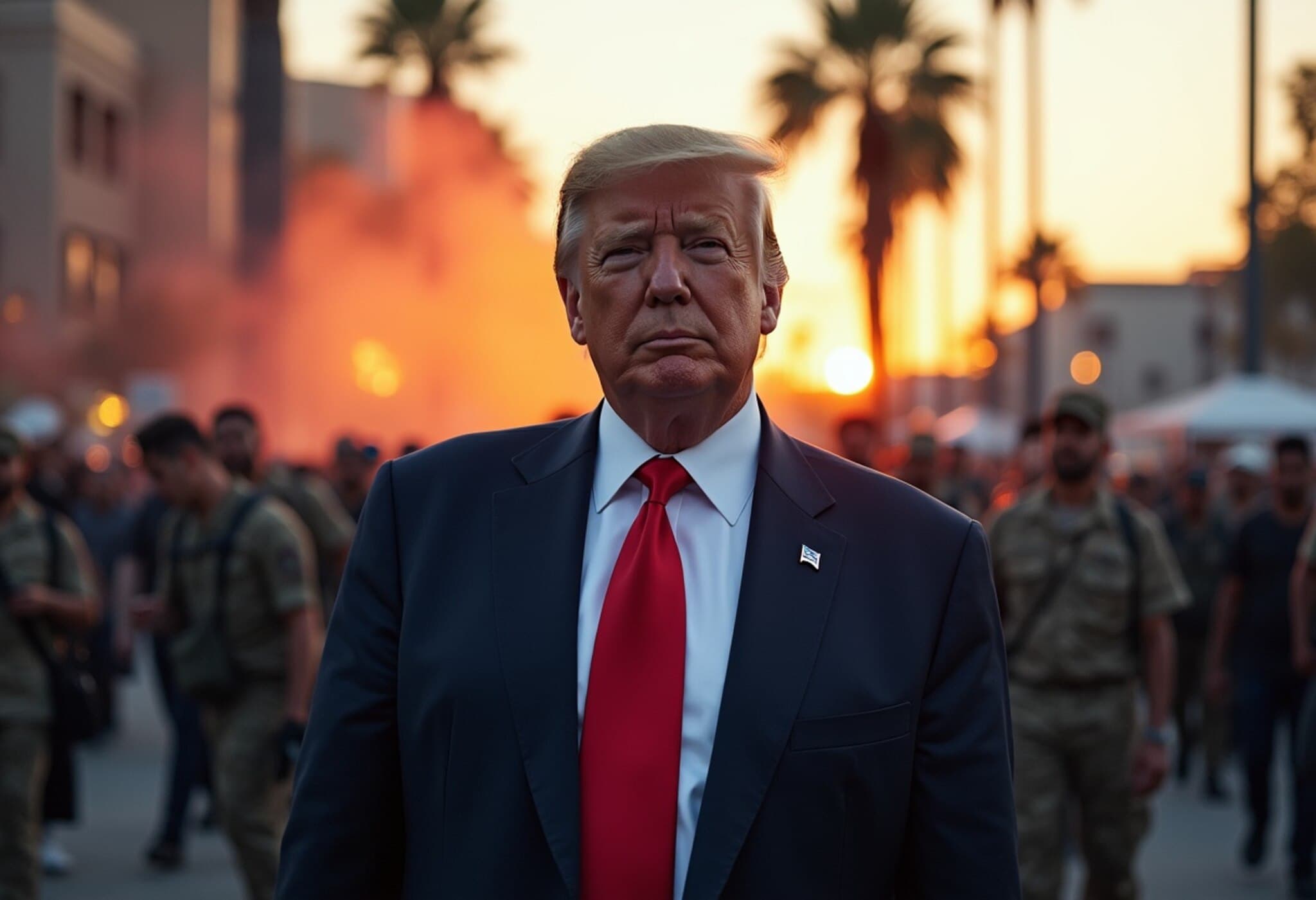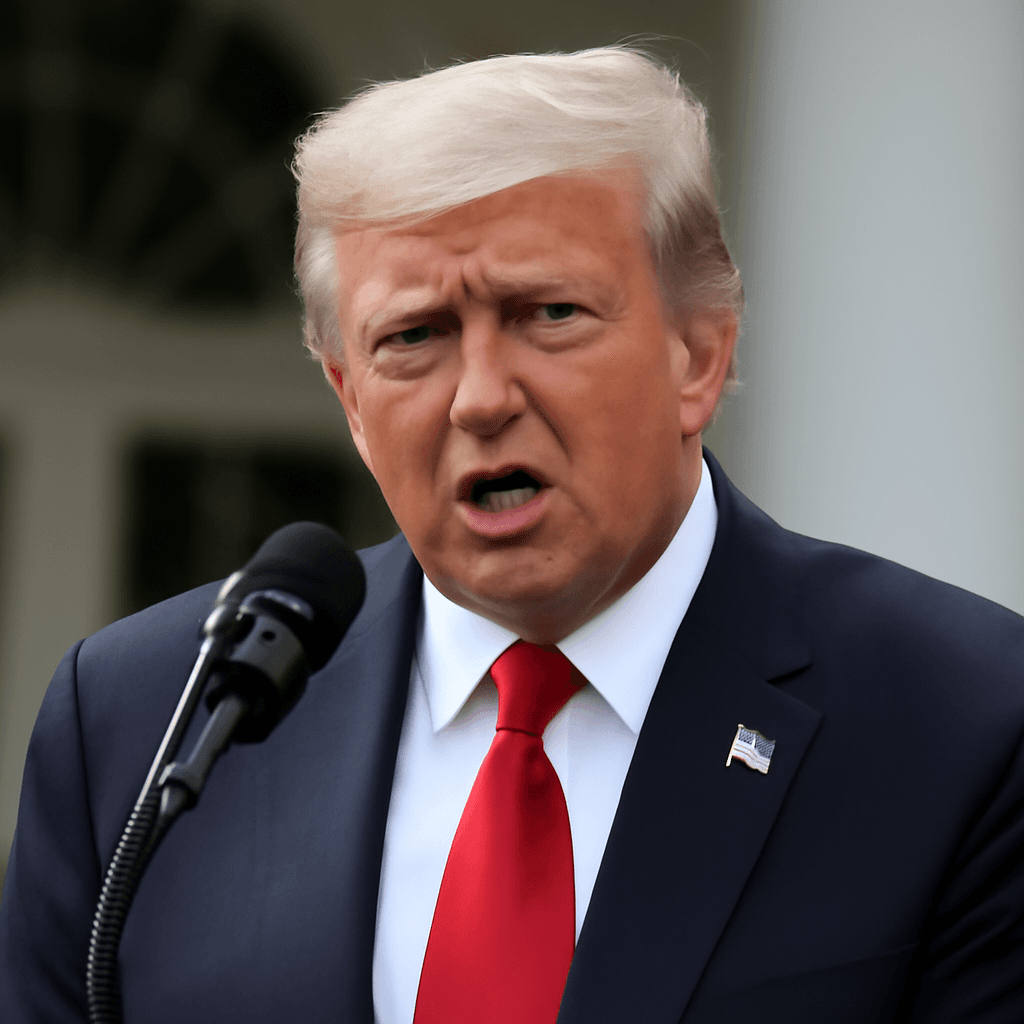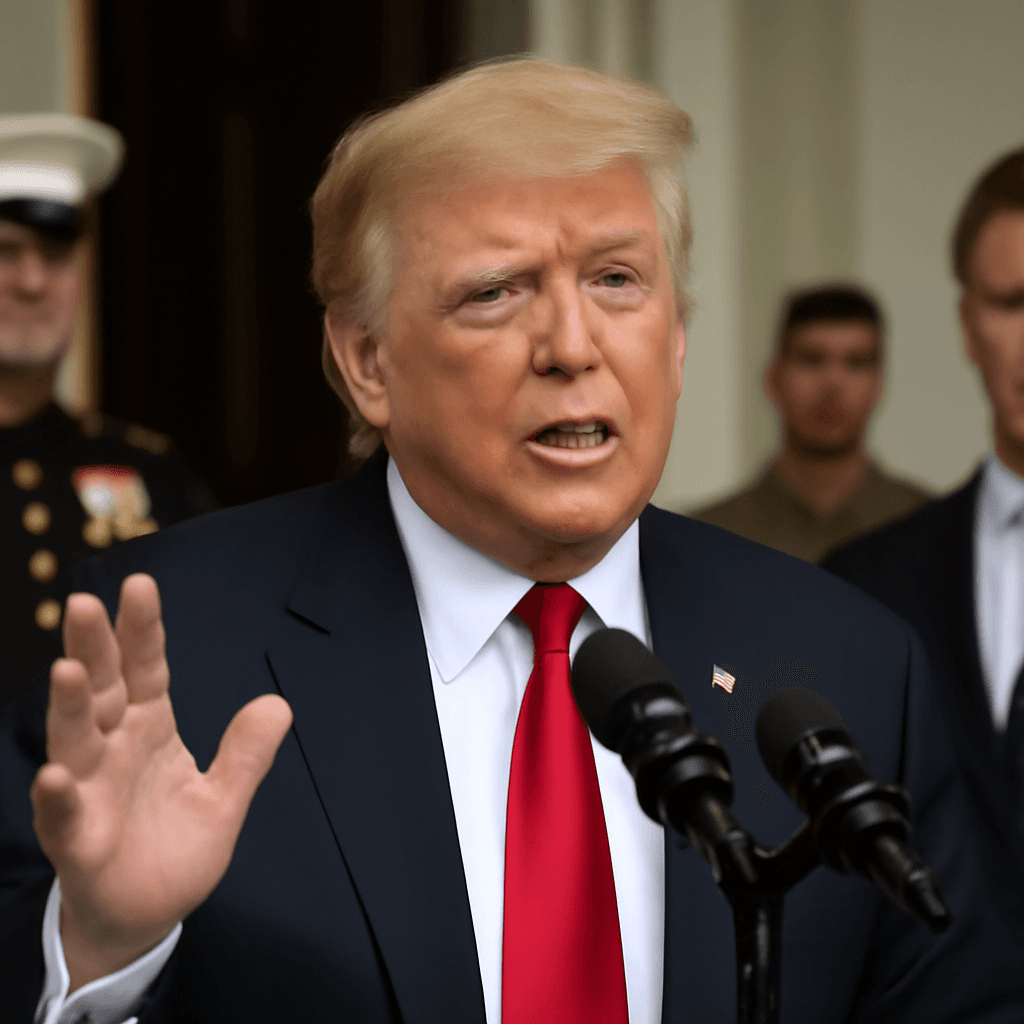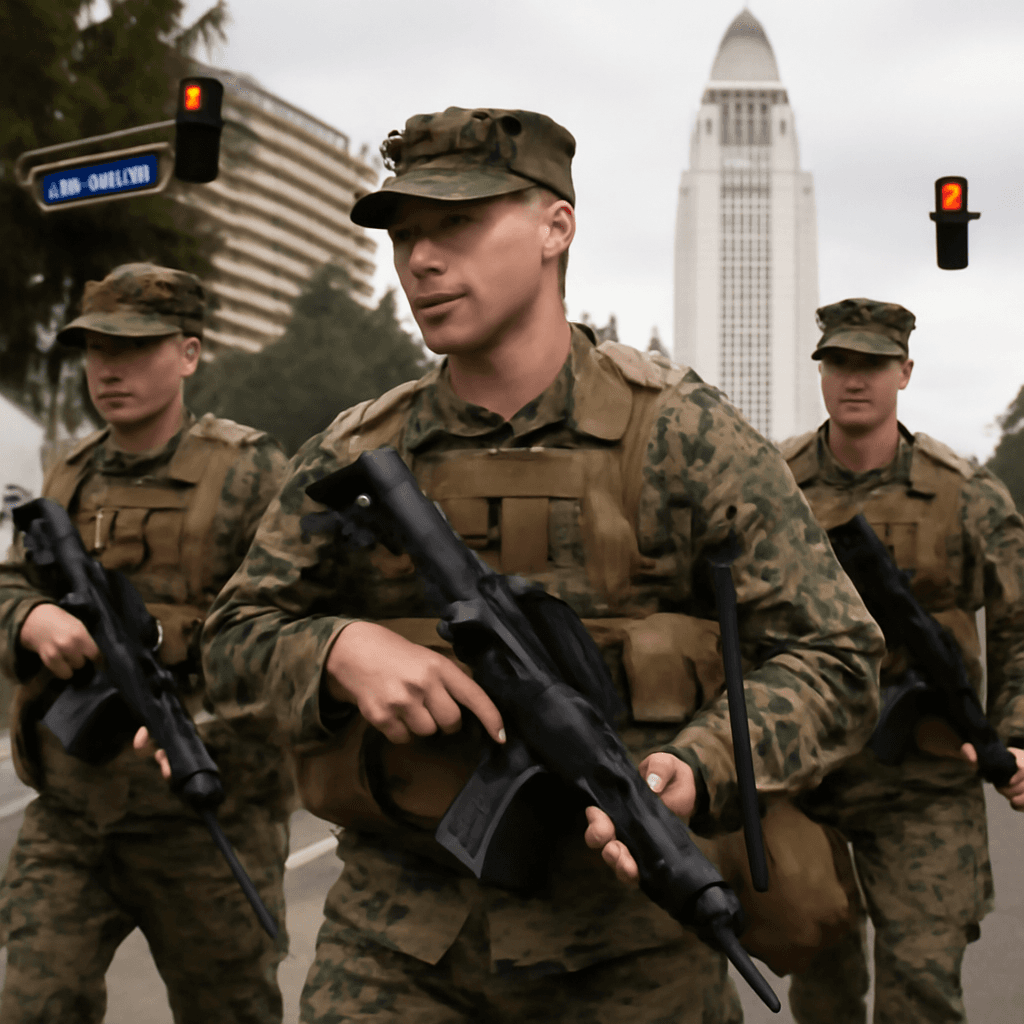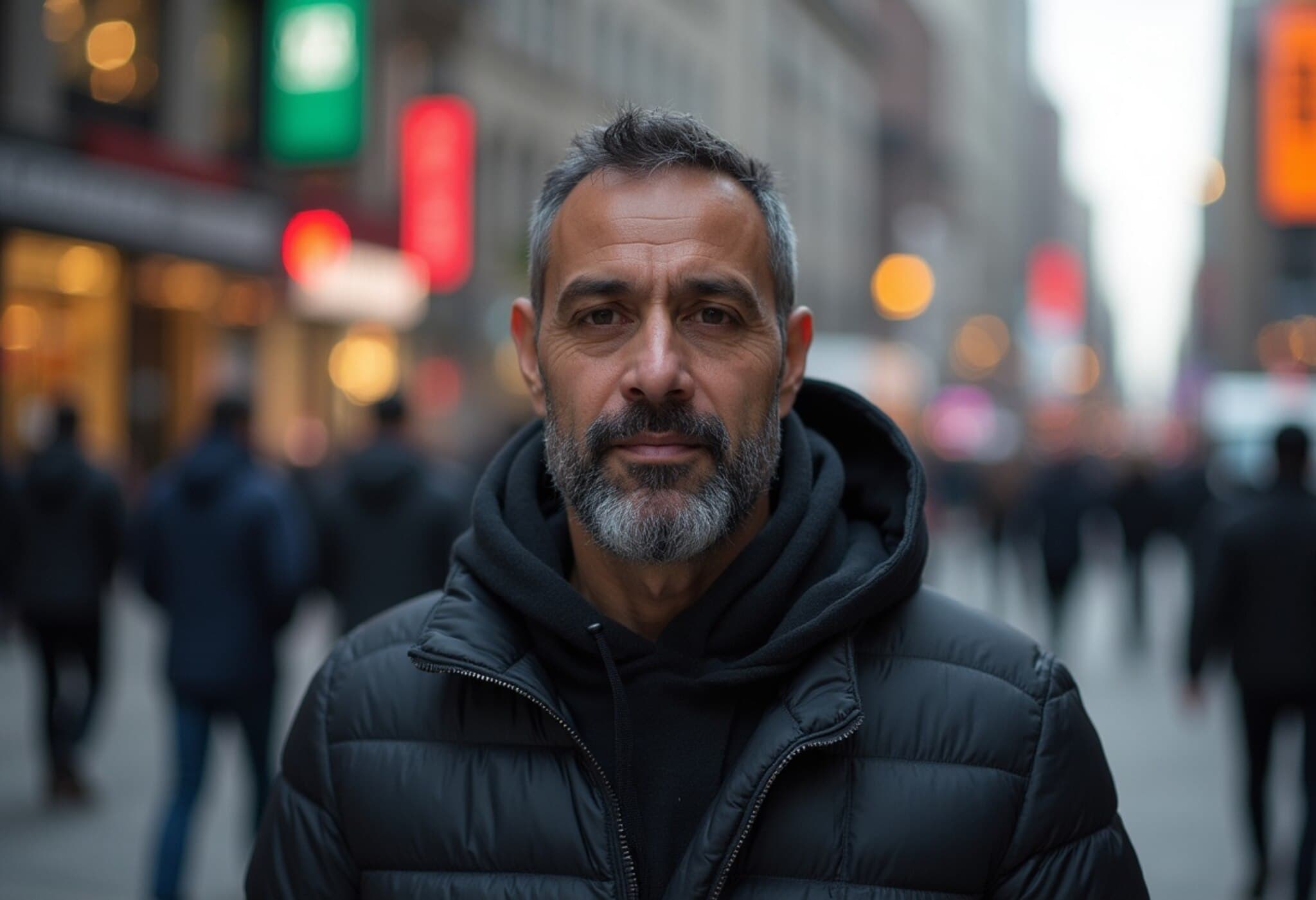Marines Poised to Support Law Enforcement in Los Angeles
A top U.S. general confirmed that Marines will soon be deployed on the streets of Los Angeles to assist local authorities amid ongoing unrest, although they have yet to be fully operational on the ground. Maj. Gen. Scott Sherman, deputy commanding general of the National Guard overseeing a 4,700-troop deployment, explained the role Marines will play during this heightened period of protests.
Temporary Detainment Powers Granted
General Sherman clarified that while the Marines are not yet patrolling, they will have the authority to temporarily detain individuals until civilian law enforcement officers arrive to process arrests. “They do not conduct arrests themselves; their function is strictly limited to detention to allow authorities to take over,” Sherman emphasized.
Ongoing Training and Restrictions
The Marines are currently undergoing training focused on managing civil disturbances without the use of live ammunition. A U.S. Northern Command official confirmed the Marines have not yet completed their Standing Rules for Use of Force (SRUF) and non-lethal weapons training, which is required before full activation by Task Force 51—a rapid response unit within U.S. Army North dedicated to homeland defense operations.
Marine Corps representatives stressed that their participation involves non-lethal crowd control techniques aimed at de-escalation and protection of federal personnel and property. Recent footage showed Marines practicing detention procedures as they prepare for deployment.
Spreading Nationwide Protests
Demonstrations opposing the federal government's immigration policies and military intervention have surged beyond Los Angeles, touching multiple major cities across the U.S.
- New York: Thousands marched peacefully in Manhattan before tensions escalated near an Immigration and Customs Enforcement (ICE) office, leading to clashes with the police.
- Chicago: Protesters confronted law enforcement, with chaotic scenes including a vehicle reportedly striking demonstrators and cyclists.
- Texas: Unrest spread across Austin, Dallas, and San Antonio, prompting Governor Greg Abbott to deploy the Texas National Guard. Authorities arrested several protesters following declarations of unlawful assemblies and use of tear gas.
- San Francisco and Denver: Courts closed temporarily over safety concerns amid protests, with multiple arrests reported during demonstrations.
Other cities such as Santa Ana, Las Vegas, Atlanta, Philadelphia, Milwaukee, Seattle, Boston, and Washington, D.C. are witnessing similar rallies, underscoring widespread national opposition to the current immigration crackdown and federal force utilization.
Heightened Police Response in Los Angeles
Amid continued gatherings despite a 10-hour curfew, the Los Angeles Police Department has initiated mass arrests, detaining over 300 protesters in the last two days. Mayor Karen Bass declared the curfew from 8 p.m. to 6 a.m. to curb the ongoing unrest surrounding ICE actions.
This escalation followed an emergency appeal by California Governor Gavin Newsom aimed at blocking federal military deployments accompanying ICE raids in Los Angeles.
National Guard Deployment as a Nationwide Template
U.S. Defense Secretary Pete Hegseth explained the federalization of the National Guard was not only a response to Los Angeles unrest but also a strategic precedent for handling potential future disturbances elsewhere.
Hegseth noted the move is designed to allow rapid, flexible deployment of National Guard units if law enforcement faces similar challenges in other cities.
Political Ramifications and Controversies
President Trump, who campaigned on a tough stance against undocumented immigration, has directed the deployment of the California National Guard despite opposition from Governor Newsom, marking a rare presidential override of state authority.
Trump further escalated the situation by deploying approximately 700 Marines, a force usually reserved for overseas missions. He asserted on social media that without troop intervention, Los Angeles would be "burning to the ground." Meanwhile, Governor Newsom warned in a televised address that "Democracy is under assault right before our eyes," signaling a grave concern over the federal response and its implications.
Adding to the political tension, Trump publicly supported calls to arrest Governor Newsom, a prominent Democrat and potential candidate for the 2028 presidential race.
This rapidly evolving situation reflects deep divisions and rising tensions across the United States as authorities balance civil liberties with public order amid nationwide protests.

